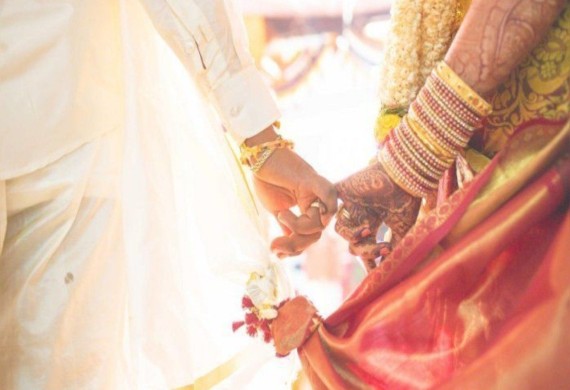
92 Percent Of Indian Teenagers Say It Is Acceptable Not To Use The Surname Of Their Husband
By: WE Staff | Saturday, 14 May 2022
Indian women have changed their surnames to that of their husbands after marriage since the dawn of time. In patriarchal cultures, a woman's identity has traditionally been linked to her husband, and that she can only become a part of her husband's family by taking his surname. Despite the fact that there is no law mandating women to change their surnames after marriage, it has become a worldwide social custom. The youthful generation's thinking and opinions are altering as feminism and women empowerment unleash a tidal wave of change in India.
Betterhalf.ai, a new age matrimony app, conducted a poll to determine the opinions and perceptions of the young Indian population on Indian society's practises in light of the fate of 21st-century Indian brides. The results of the study reveal which traditions should be preserved and which should be abandoned as time passes. According to the results of the poll, 92% of Indian adolescents say it is normal and appropriate for a woman to keep her own surname after marriage rather than taking her husband's. This clearly illustrates that the young millennial population is being influenced by a paradigm shift to adopt 21st-century attitudes and behaviours.
India has come a long way since the days of a male-dominated, patriarchal society, with only 8% of the youth believing in the tradition of surname change.
Pawan Gupta, CEO and Co-Founder of Betterhalf.ai said, "Name-changing has been a persistent part of traditional Indian marriage and customs. For centuries, Indian brides have had to depart with their surnames in exchange for their husbands. But as feminism gives voice and freedom to women, they are making their own decisions before and after marriage. We are living in the 21st century where even if some men are taking their wives' surnames, then women taking their husbands' surnames should not even be a question."
"Keeping up with the changing times, these age-old customs should be drawn out from our society and our thinking. The 21st-century woman should not be subjected to archaic traditions and customs and the youth agrees. I am delighted with the response of the young millennials to our survey, it shows how far we have come. I hope this number can change to 100 per cent in the coming years," he added.
Conventional Indian marriage rituals are progressively being phased out, despite the fact that the traditional marriage narrative is strongly embedded in the minds of many. The poll represents the views and voice of India's young population, which is quickly abandoning traditional practises. The Indian youth prefers a marriage based on logic to a heavenly connection.






